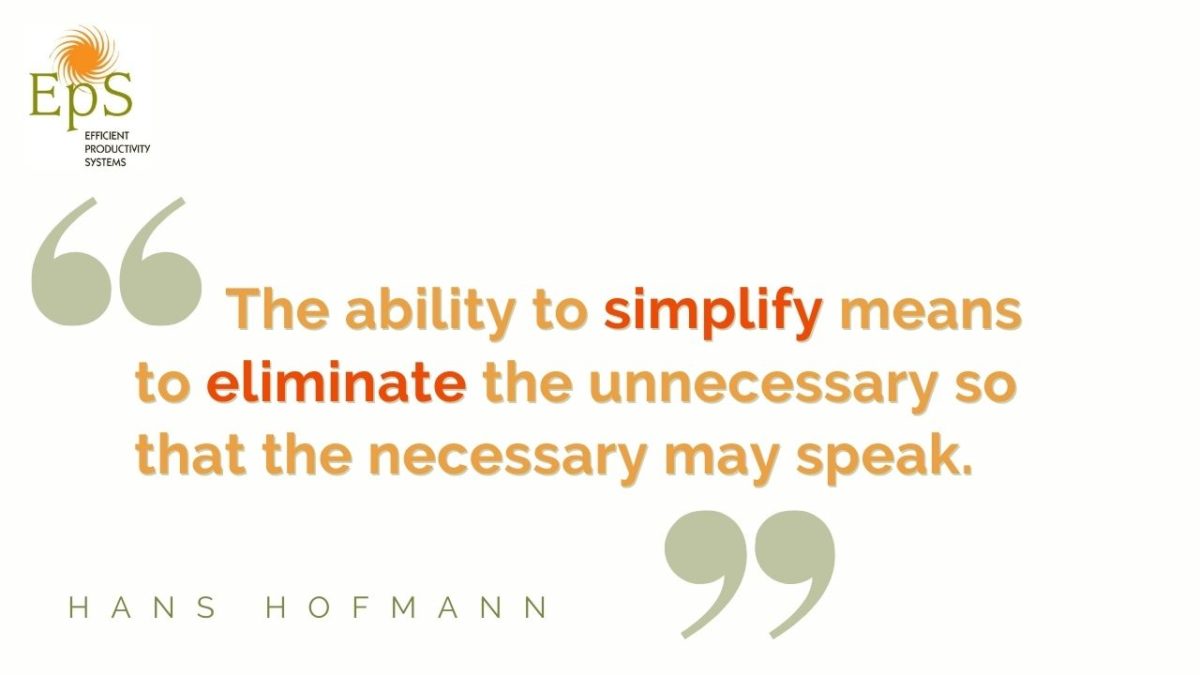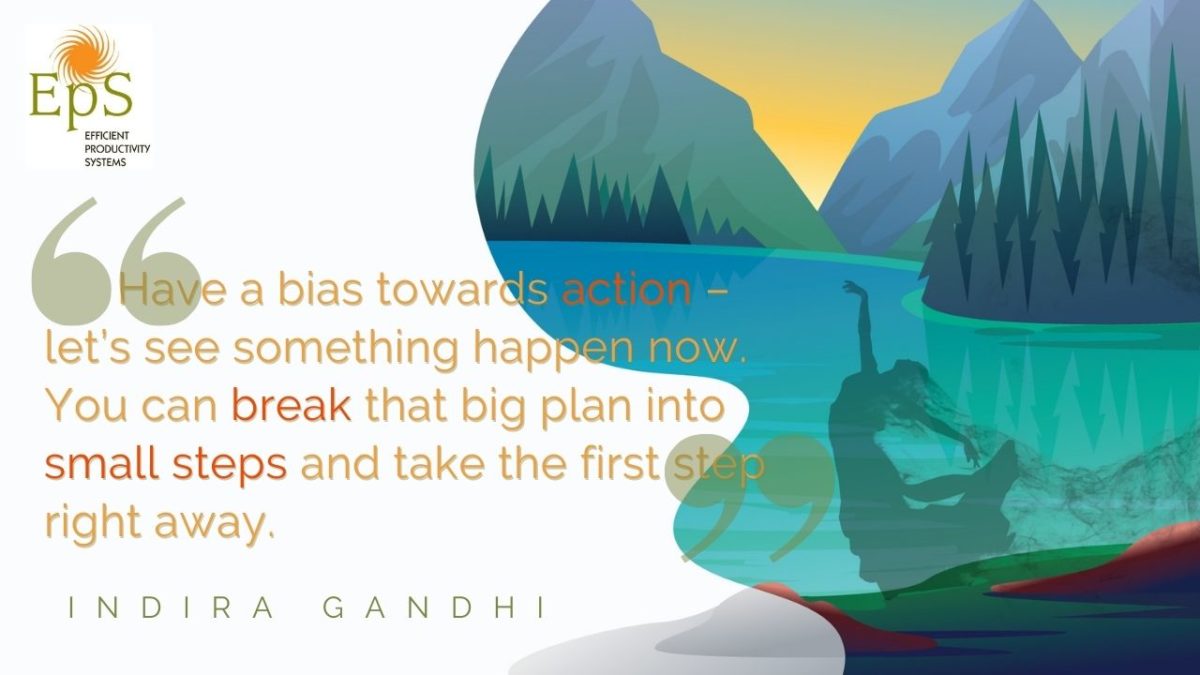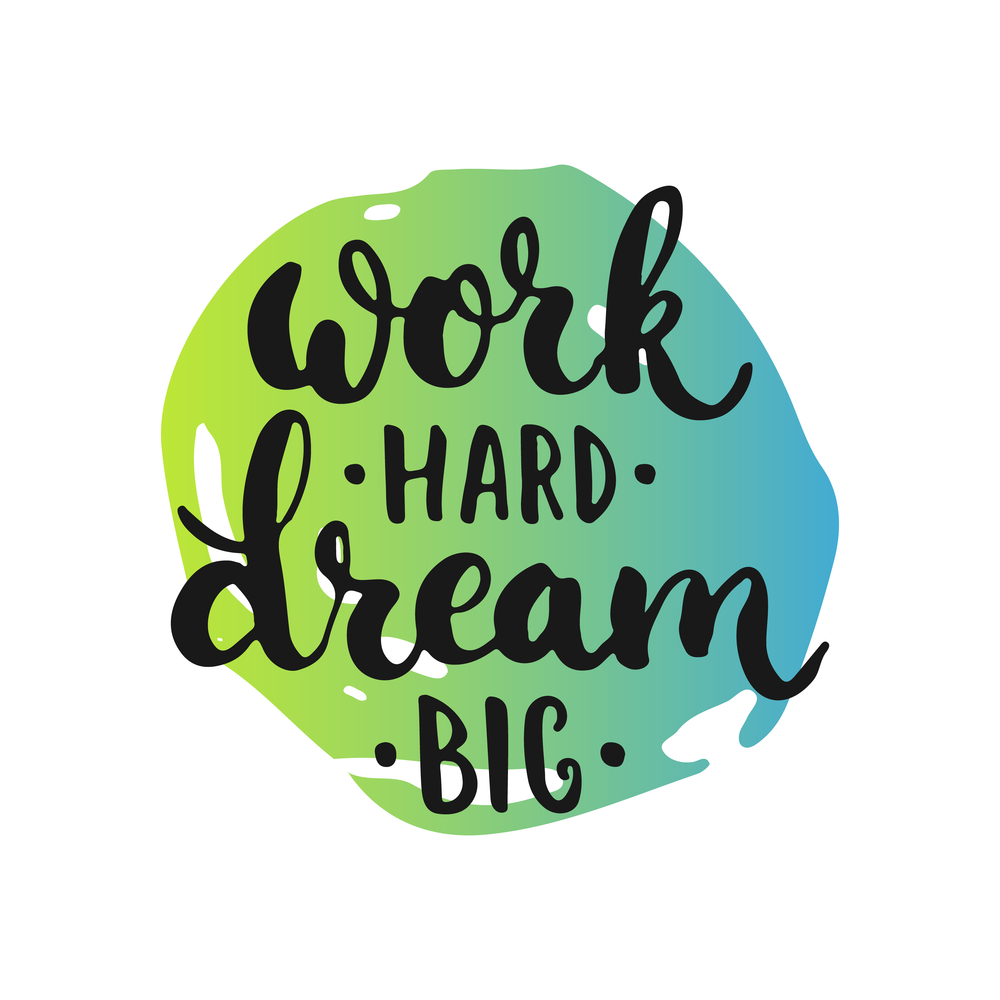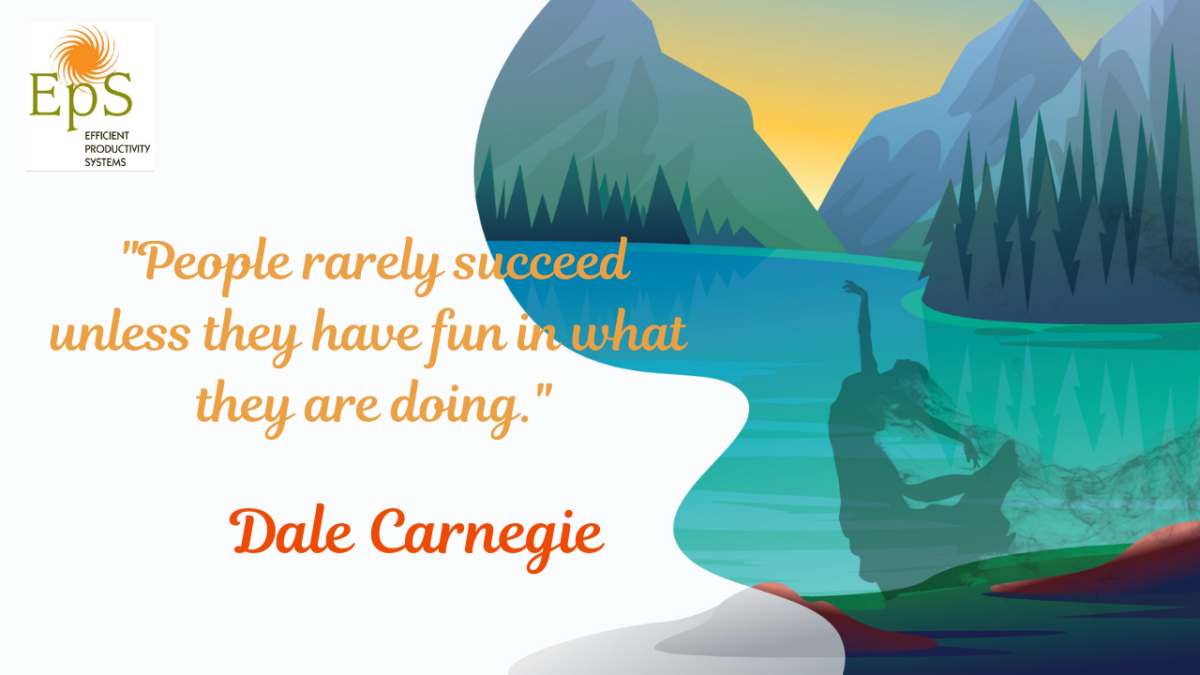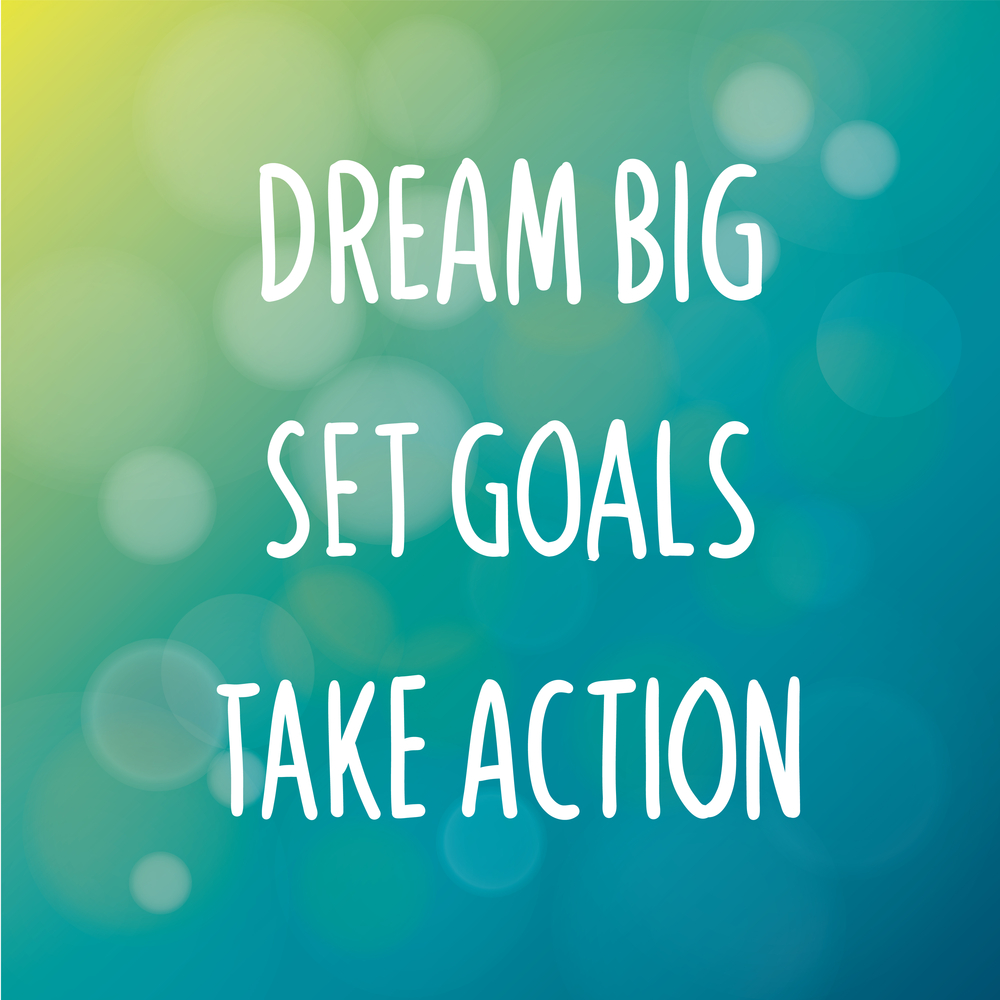“I know what I need to do; I Just Need More Discipline”
Right?
NO.
Raise your hand if you love discipline (crickets).
Nobody likes discipline. OK maybe control-hungry, authoritarian micromanagers. Otherwise, what do we want? We want to feel like we matter. Our opinions matter. Our work matters. We are valued.
So do stuff that matters. How is it that, even then, it’s not so easy? Great question.
The Time Dilemma- here’s what’s really happnin’: THE FARSE REVEALED
We often think we can achieve more in one day than is realistic (I see you hiding), and by contrast, we CAN achieve more in one week than we realize.
Oooooohhh….(nodding of head)…..Wait, what?
Knowing this reality…. you can plan and manage yourself (aka your “time”) around it.
The obvious, yet not done: Understanding how long things are going to take
Do you know roughly how long the tasks on your to-do list are going to take? No, nobody really does. I hate to-do lists but that’s another rant for another day.
So here is what you do, right? “I will do these 10 things before my 10 am appointment.” And then you start. You open your computer. You find there are messages. You of course, answer them. If you are really lucky, you realize that 20 to 30 minutes have just passed and you now only have 30 min left before your call. But most likely, that 10am app’t comes around and you may not have even peeked at the list.
Right?
So first, you have to find a way to not look at the messages. I know. How can this happen? How? Hmmmmm, how? Maybe shut off your wireless? Maybe shut down your email tab? Maybe draft something in a word doc first? You are going to have to come up with your own ideas here AND you know what your cryptonite is, so…..your choice, superman…
Next, never leave LIFE without a timer. How did we ever survive without timers? Right now as I write this I set my timer for 20 min so I could stay on task and finish this edit. Really? Yes, really. My life is seriously dictated by timers and it’s the only way I could get anything accomplished or show up to my apt’s on time.
We’ve looked at using a timer before in order to create focus and regular rests, but you can use a timer to measure how long those repetitive regular tasks take as well.
What to do when you run out of time
If you run out of time, you have a couple of options. You can add the tasks to-do elsewhere in your week or you can try to cram them into the same day – and I wouldn’t recommend the latter.
If you have a task list which incorporates the estimated time things will take, you’re in a much better position to allow for adjusting your plan where necessary. Rejigging your week is likely to be something you’re up against regularly, so the focus on scheduling has to allow for these moments.
Feeling overwhelmed often comes from having too much on our daily to-do list, so don’t make this mistake.
How to get back on track with your system
If, however, you have become snowed under and you’re facing overwhelm, you may be tempted to bury your head in the sand. Don’t beat yourself up! We all go through times like this and we must be kind to ourselves. Beating yourself up will just exacerbate the situation and you’ll find it harder to restart.
Reset and re-center. Go for a walk, do something fun, meditate, whatever you need to do in order to rest and re-center yourself.
Then take a look at your current plan. Identify what went ‘wrong’. Try to figure out where and when things took a turn and you felt unable to continue. Identifying these moments means we can take them into account and not repeat them in future.
Routine sets you free
Now, this may sound like a contradiction in terms, but believe me when I tell you, you will be liberated by routine!
I’m not telling you to schedule exact times each day for tasks, although many people find this useful. I’m saying routine itself is a Godsend. How you begin your day, for example, will set your course and mindset for the rest of the day. This might be listening to your favorite podcast or it may be doing some morning yoga, whatever gets you in a good place.
Knowing what you’re doing and in what order each day means you don’t have to think about it. It becomes a natural habit and it’s less for you to plan as it’s already a factor of each day (like brushing your teeth).
Key: Do the same things in the same order each morning. Make the Things no more than 3. For example, 1. Get up 2. Make coffee 3. meditate
Remind yourself of your purpose
When we work in alignment with our sense of purpose, we naturally WANT to do the things we need to do. Continually remind yourself of your purpose and make sure you’re following the right path. Remind yourself WHY you’re doing what you’re doing and how it will feel once you get there. Doing what you must do, with purpose, gives us a sense of calm and clarity and motivates us to get things done.
Make it fun to get it done
What could you do to make the things you have to do more fun? Rewards are always a good idea, sitting back and focusing on the fact you’ve just checked something off your list is an ideal way to keep you motivated. Reward yourself with something that nourishes you.
Another great idea is to use creative methods. For example, if you’re planning or mind-mapping, use colored pens, stickers, drawings, whatever makes it visually appealing and fun to create. If you would rather do your mind map electronically, here is a tool some of my clients like: https://drive.mindmup.com/
Now…how about YOU? How could you make your day to day tasks more fun? Hit reply/leave a comment!

